India's G-20 Sherpa Amitabh Kant on Wednesday said Indian films reflect the soft power of the country as well as its unity and diversity.
He was speaking at the inauguration ceremony of the G20 Film Festival organised by the India International Centre (IIC) in collaboration with the G20 Secretariat, Ministry of External Affairs.
Satyajit Ray's 1955 black-and-white classic film Pather Panchali (Song of the Little Road) opened the festival, which will run till September 3.
Kant, who was the chief guest at the event, said films reflect the "unity and diversity" of India.
"I have been a great believer in Indian films. Our G20 presidency is 'Vasudhaiva Kutumbakam': One Earth, One Family, One Future... Indian films truly reflect the soft power of India. More than anything else, they reflect the unity and diversity of India. And, there's no better way to start a film festival than to show Satyajit Ray's Pather Panchali," he said.
Tourism and culture are two major components of G20, Kant added.
"They have helped us promote the soft power of India. Unlike other countries, India has done its G20 presidency very differently. It has taken G20 out to every state of India across 60 cities," Kant said.
"It has used the opportunity to improve infrastructure in many cities. The soft power has helped to market all the states vigorously," he said.
The film gala also helped bring G20 to the people and not let it become "just a bureaucratic or government exercise", Kant said.
IIC president Shyam Saran said such festivals help people appreciate the art of cinema from various countries. "Films play an important role in terms of bridging a divide amongst countries. You have seen the role that has been played by Bollywood itself," he said.
"That is something whose popularity stretches right across the world. They have brought people together. Perhaps we underestimate the role that films can play in promoting international understanding and a sense of togetherness," Saran added.
The G20 Film Festival will present 16 seminal award-winning international feature films which reflect the issues and concerns of each country, engaging with questions of identity, of memories and remembrance, issues of gender, and social polity.
Some of these titles are We are Still Here (Australia), Ana. Untitled (Brazil), Aristocrats (Japan), Mezquite's Heart (Mexico), Decision to Leave (South Korea), and My Night (France).
Entry to all the screenings is open to all and is free of charge. The screenings will be held at the CD Deshmukh Auditorium at the IIC.





 Festival goers at Glastonbury festival 2025Getty Images
Festival goers at Glastonbury festival 2025Getty Images  Pyramid Stage crowd swells ahead of the mystery Patchwork act rumoured to be Pulp Instagram/
Pyramid Stage crowd swells ahead of the mystery Patchwork act rumoured to be Pulp Instagram/ Kneecap welcome as political tension surrounds their setGetty Images
Kneecap welcome as political tension surrounds their setGetty Images Crowds of festival-goers fill the pathways during day three of Glastonbury festival 2025Getty Images
Crowds of festival-goers fill the pathways during day three of Glastonbury festival 2025Getty Images 








 Daniel Craig poses as James BondGetty Images
Daniel Craig poses as James BondGetty Images  James Bond casting shortlist revealed with Tom Holland Jacob Elordi and Harris Dickinson in leadGetty Images
James Bond casting shortlist revealed with Tom Holland Jacob Elordi and Harris Dickinson in leadGetty Images Is this the youngest James Bond yet as Tom Holland Harris Dickinson and Jacob Elordi lead casting rumoursGetty Images
Is this the youngest James Bond yet as Tom Holland Harris Dickinson and Jacob Elordi lead casting rumoursGetty Images
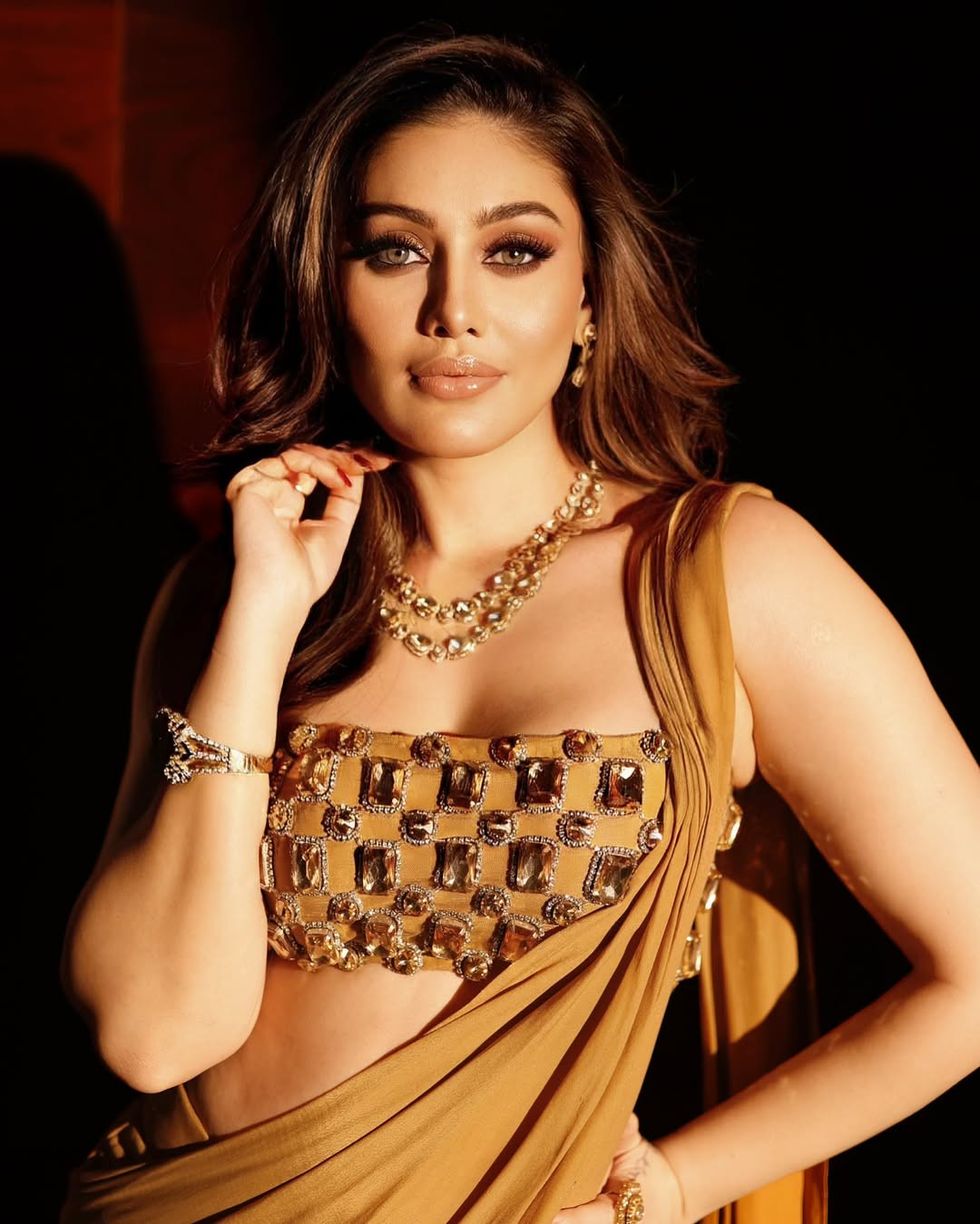 Shefali Jariwala dies at 42 after cardiac arrest, industry mourns Kaanta Laga starInstagram/
Shefali Jariwala dies at 42 after cardiac arrest, industry mourns Kaanta Laga starInstagram/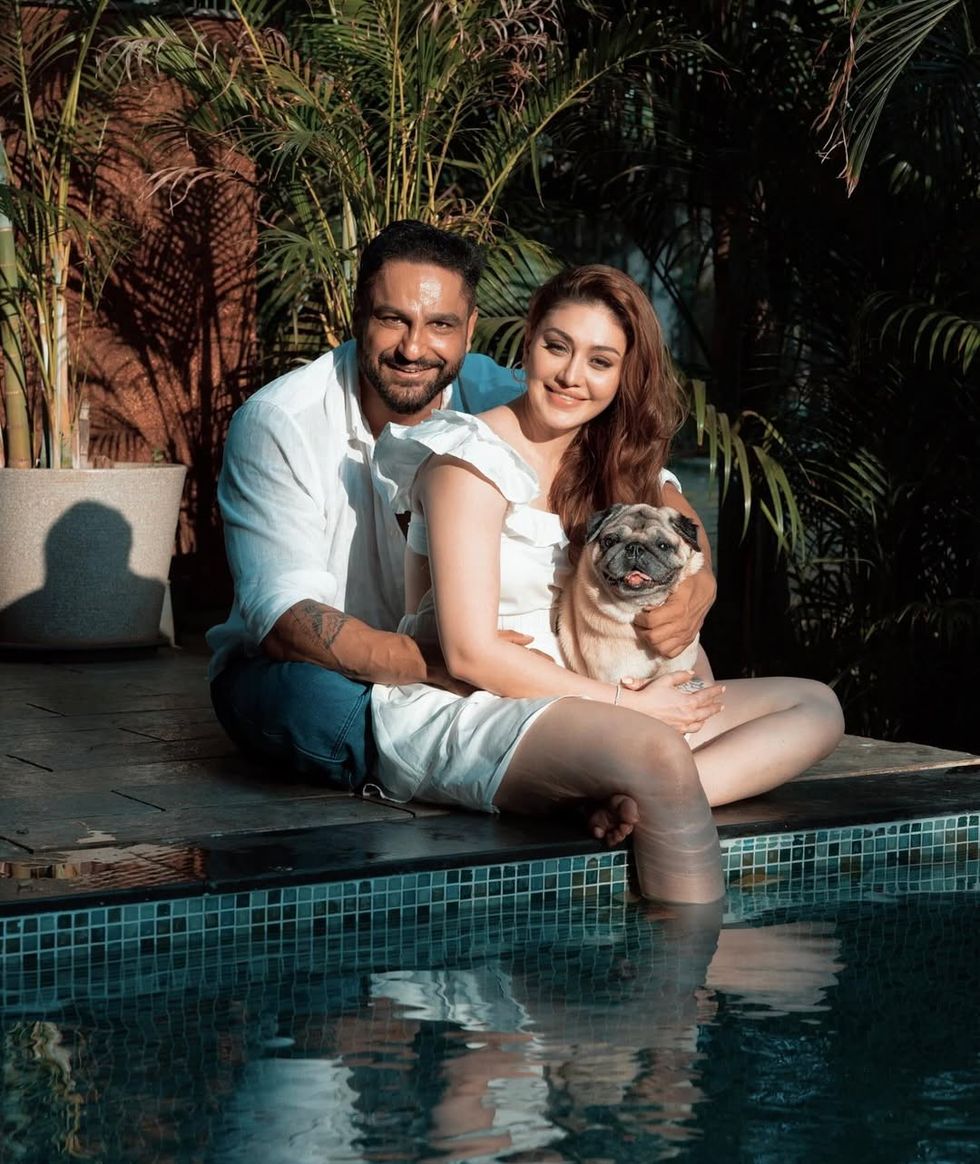 Shefali Jariwala was married to actor Parag Tyagi,Instagram/
Shefali Jariwala was married to actor Parag Tyagi,Instagram/
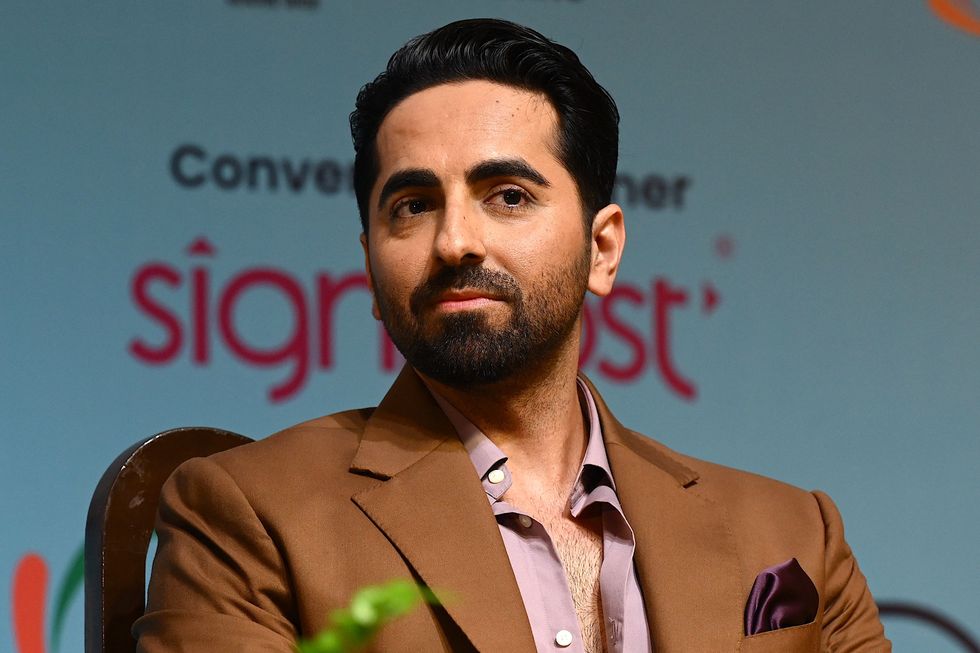 Ayushmann Khurrana attends an event at the FICCI Frames 2024 Getty Images
Ayushmann Khurrana attends an event at the FICCI Frames 2024 Getty Images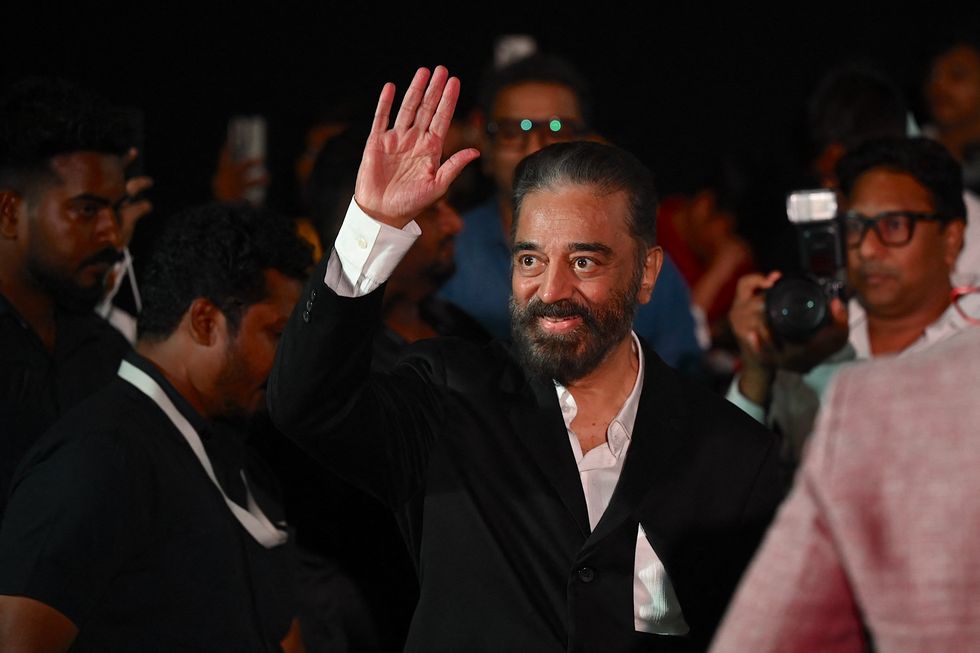 Kamal Haasan waves as he attends a press conference for 'Thug Life'Getty Images
Kamal Haasan waves as he attends a press conference for 'Thug Life'Getty Images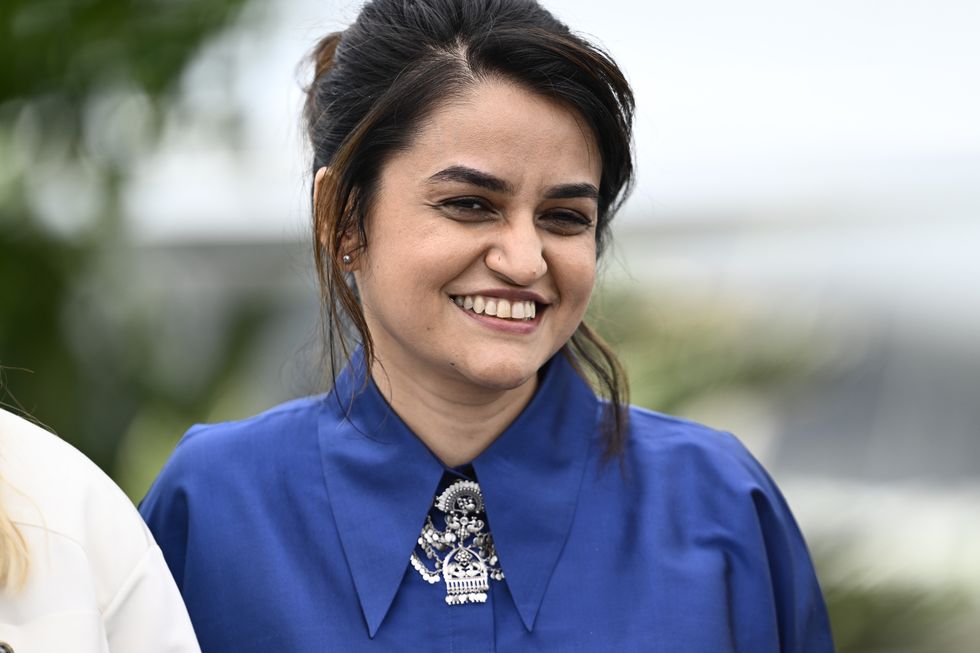 Payal Kapadia smiles during the Jury photocall at the 78th annual Cannes Film FestivalGetty Images
Payal Kapadia smiles during the Jury photocall at the 78th annual Cannes Film FestivalGetty Images
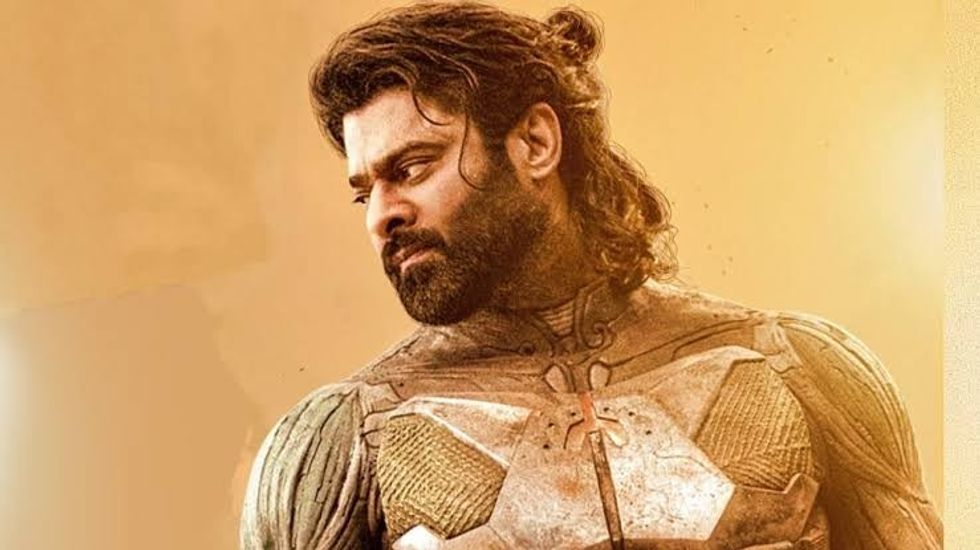 Prabhas in a still from Kalki 2898 AD which completed one yeargetty images
Prabhas in a still from Kalki 2898 AD which completed one yeargetty images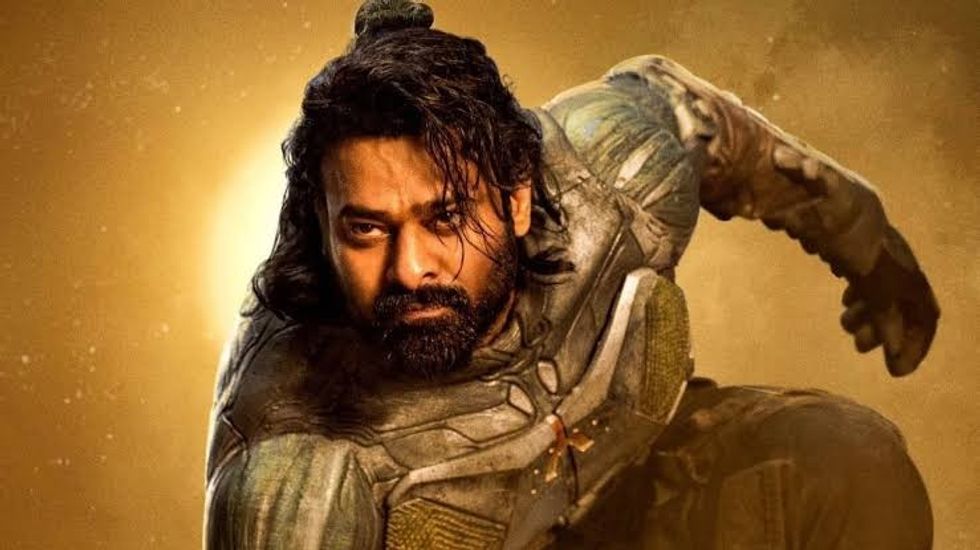 Kalki 2898 AD became one of the top three biggest openers in Indian cinemagetty images
Kalki 2898 AD became one of the top three biggest openers in Indian cinemagetty images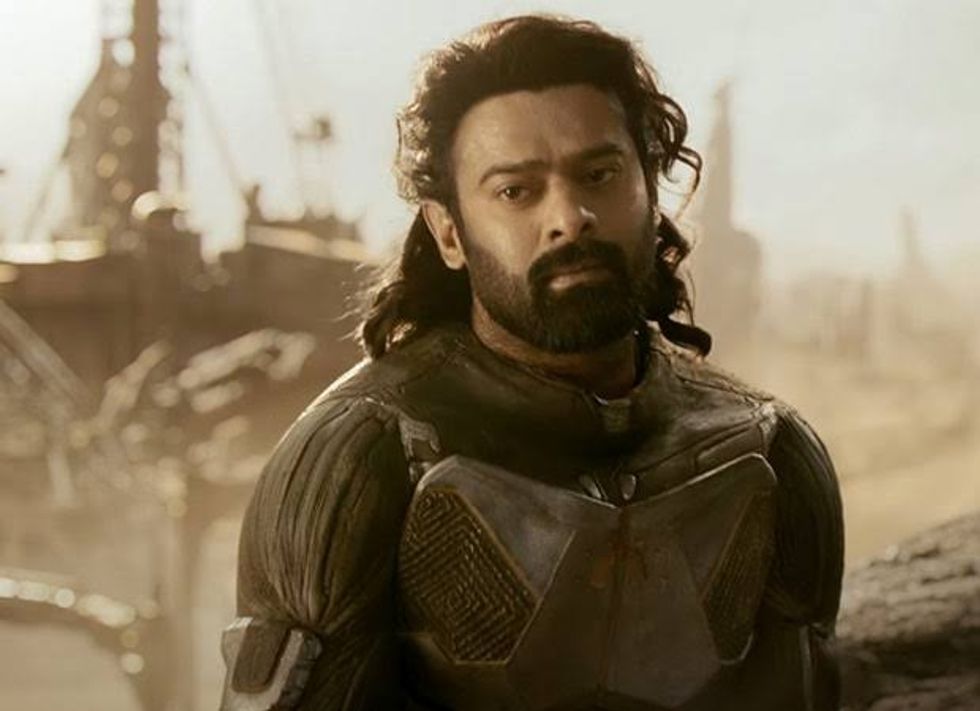 Kalki 2898 AD brought together sci-fi and mythology in a first-of-its-kind Indian filmgetty images
Kalki 2898 AD brought together sci-fi and mythology in a first-of-its-kind Indian filmgetty images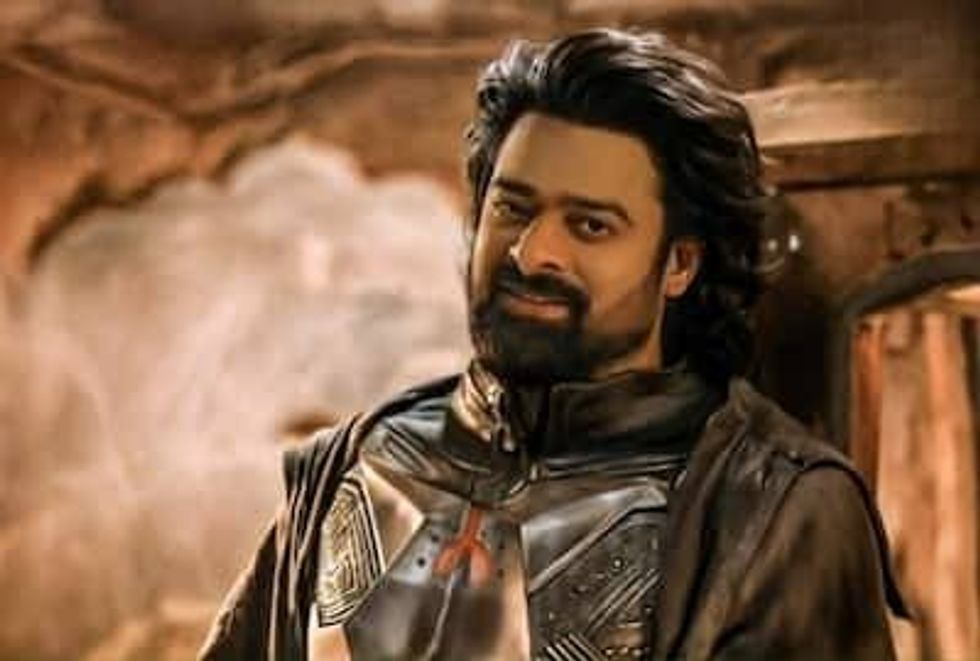 Prabhas plays the futuristic warrior Bhairava in Kalki 2898 AD getty images
Prabhas plays the futuristic warrior Bhairava in Kalki 2898 AD getty images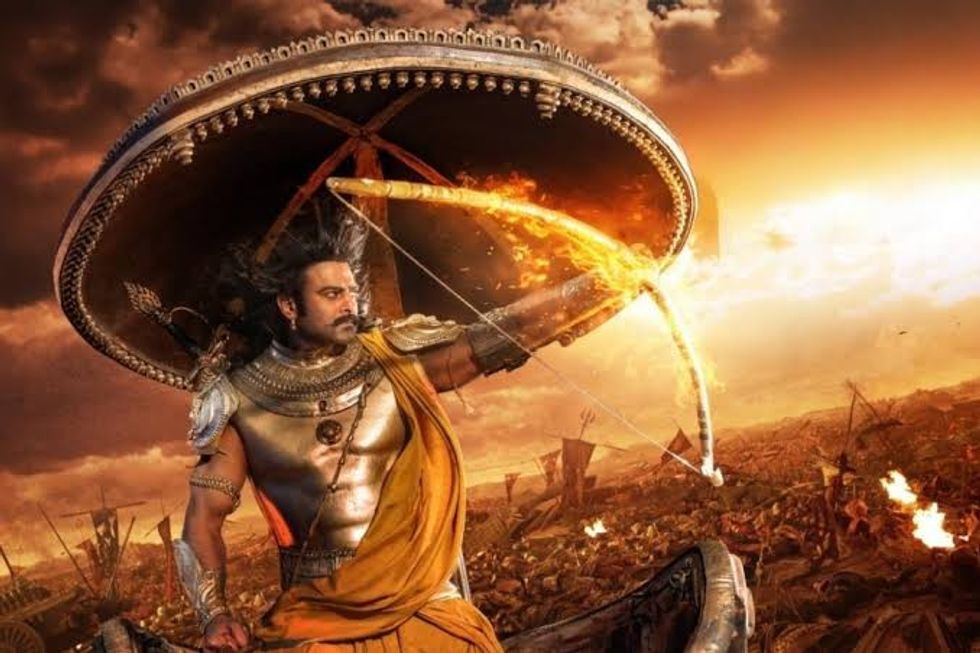 Prabhas in action during a high-intensity sequence from Kalki 2898 ADgetty images
Prabhas in action during a high-intensity sequence from Kalki 2898 ADgetty images
Police may probe anti-Israel comments at Glastonbury